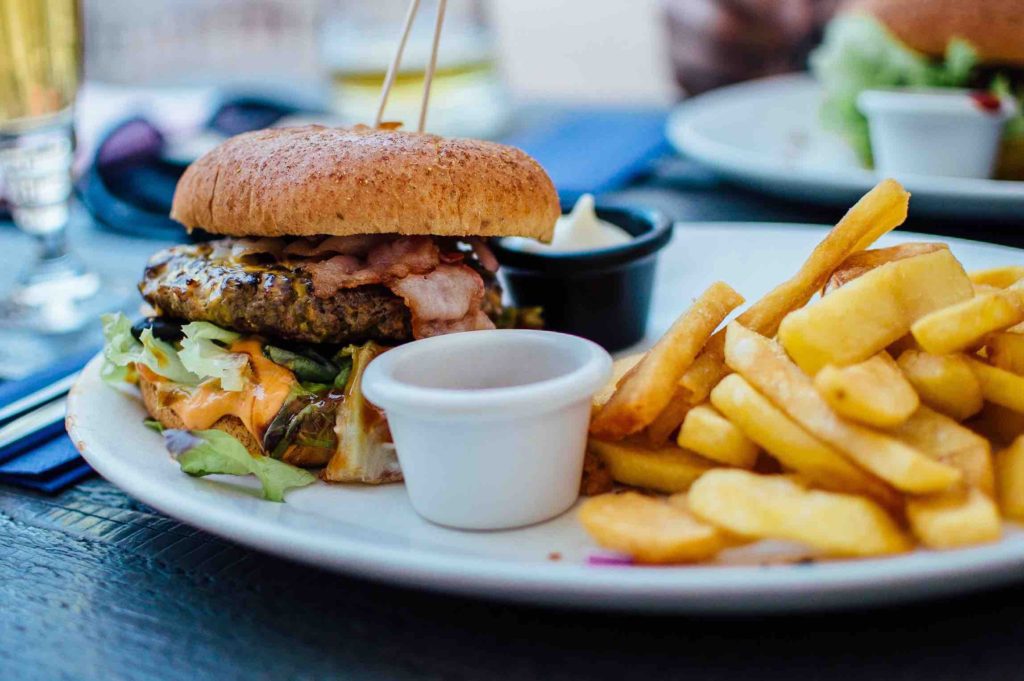Eating for Pleasure and Health: The Role of Free Meals
The term “free meal” (or “cheat meal”) often comes up in discussions about diets and eating plans. It refers to an occasional meal during which a person allows themselves to enjoy foods that aren’t typically part of their regular diet. These free meals often include less healthy food choices, such as those high in fat, sugar, salt, or excess calories. This can encompass fast food, desserts, unhealthy snacks, or any food considered outside the realm of healthy eating. The primary purpose of a free meal is to provide emotional and sensory pleasure to those consuming it.
For people with more flexible dietary plans, a free meal might simply involve a larger portion of a meal that’s already a part of their regular diet. For example, consider a person who follows a flexible diet that includes all the foods they enjoy. This person may not feel the need for traditional “cheat” foods like pizza or fried items but may desire to indulge in larger servings of their favorite meal during the weekend, such as a dish of rice with pork. In this case, that meal can serve as their free meal, allowing them to enjoy as much of it as they like without interfering with their dietary goals.
In the context of a balanced eating plan, the free meal serves several important purposes. It introduces flexibility and pleasure into the healthy eating process, recognizing that a strict, monotonous diet can be challenging to maintain in the long term and can even lead to episodes of binge eating.
What are the benefits of eating free meals?
1. Psychological Relief:
While following a diet with primarily healthy foods is excellent for your physical health, it’s crucial to remember that food serves an essential social function in our lives. Many of our most cherished celebrations involve food. Therefore, it’s vital for us to have guilt-free moments when we eat and enjoy these occasions with loved ones or even on our own. Free meals provide that freedom to savor these moments without the burden of guilt.
2. Metabolism Boost:
Occasionally consuming a higher-calorie meal can temporarily increase your metabolic rate, giving your calorie-burning process a boost.
It’s essential to remember that free meals should be the exception rather than the rule. To achieve positive results in terms of health and weight control, maintaining a balanced and healthy diet most of the time is crucial.
How can I include "unhealthy foods" in my diet?
When including free meals, it’s advisable to plan and control them rather than engage in uncontrolled and excessive eating. Setting limits on the amount of food consumed during a free meal and making conscious choices can help prevent unhealthy overindulgence.
The appropriateness of free meals may vary based on individual needs and health goals. It’s always recommended to consult with a healthcare professional, such as a nutritionist, for personalized guidance on how to incorporate free meals into your eating plan in a balanced and healthy manner. (If you’d like help from Nutrion, you can contact us at contact@nutrion.health or sign up here).
For those interested in integrating free meals into their meal planning, discuss with your healthcare professional how many free meals you should have per week. While 2 or 3 free meals a week can be reasonable, it’s essential to evaluate your habits, as they might be a factor in your difficulty achieving your goals.
Make the most of your free meals by reserving them for foods that truly provide social and emotional pleasure. Compare the joy you get from a mid-afternoon chocolate snack at the office to sharing a pizza with family and friends. Choose wisely and savor the moments that matter most.
Incorporate free meals into your diet thoughtfully, and they can be a valuable tool in maintaining a balanced and enjoyable approach to healthy eating.
Disclaimer: This article is for informational purposes only and should not replace professional medical or dietary advice. Consult a healthcare provider or nutritionist for personalized guidance.




